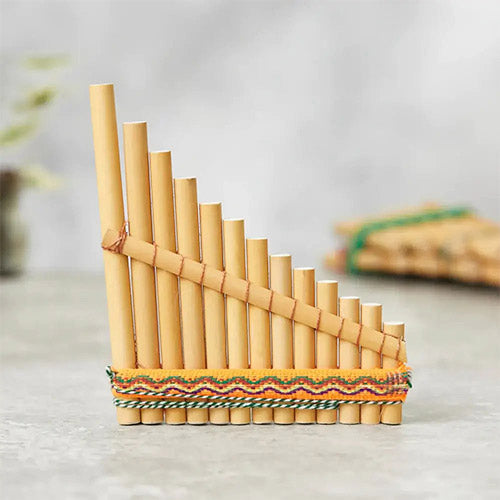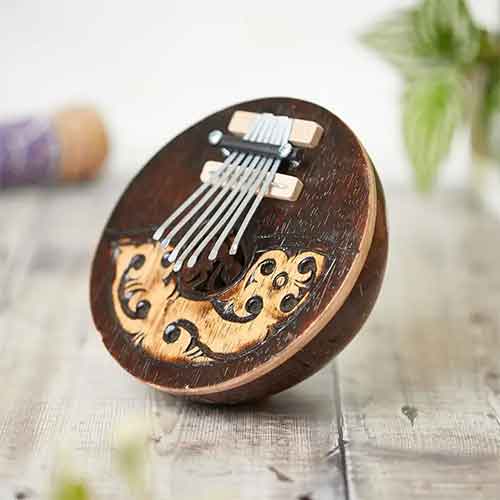Why learning another language is important?
Humans are not the only species that communicate with each other, most animals have some form of communication or another. In our lives, communication is a big part of our self-development.
It is also a big part of how we survive as a race. We speak to other people to bond, which leads to blossoming relationships. It is also a means to learn something from someone else. During high school years in England, you are most likely forced to take a language as part of your GCSE. This language is commonly French or German, but it is not limited to just that.
As we learn to speak, write and read in English from such a young age when the time comes to start learning a new language, it can often be quite difficult to comprehend.
Especially when you consider that you have to learn every single word for everything you know all over again. Surprisingly school from experience is not a very efficient way to learn a language and this could be because of the way that they force students to learn it.
As with anything most skills are learnt easier, faster, and at a better quality when an interest in the subject is present from the beginning. Because of my own interests regarding different cultures, how people in different countries live, the foods that they eat, and more.
When I started my own business selling ethical gift products from around the world. Travel is a huge part of my long term goals and if I am to be travelling, being able to express good local communication is important to me for my self-development.
For fun, I started to learn Italian this was because of my interest in Italian food and its rich history. Before I go on a trip to anywhere it’s always a great idea to get accustomed to the language, even if it’s just the basics. The language is also very similar to English for example ‘Chocolate is Cioccolato’.
3 Things that can help you learn
The first step to learning another language is to choose one that you are passionate about. Is there a particular country that you want to visit? Cultural foods that you love that are native to that country? Once you have started to learn a language you should stick to it, and try not to learn any others at the same time as this can complicate things.
Assuming that you have chosen the language you want to learn you can then go ahead and start getting your resources.
1. A great book
Books are a wonderful place of knowledge; I say place because you can really get lost inside it. Go to your local library and pick out a book that grabs your attention. It’s very important to not overdo it, if you study the language too much you will likely find that it becomes a chore. At first stick to five dedicated minutes per day with no distractions, you can even set a timer. Read the book, study it, and say the words and phrases out loud.
2. An app, the internet, YouTube
If you can’t get on with a book and find it difficult to be motivated, you could either do your own research on the language by using the internet as a tool. Take lots of notes with English to (another language) translations. Google translate is not perfect, but it can be very helpful sometimes.
On YouTube you will be able to find a native speaker saying the phrases out loud and what they mean or translate to. This can be very helpful for getting a feel for the tone of the words and the pronunciations of the words.
An app that I like is ‘Duo-lingo’. It is free and has pretty much every countries language built into it. Every day it gives you a notification reminding to take your lesson, and the interface is mapped out with the basics at the top and as you complete the lessons.
New ones unlock, an example of the more complex lessons are food, plurals, animals, places, etc. This is a great method for learning because it does make it fun, it starts you off on an easy road and it slowly gets more difficult but you always improve using this app.
3. Be a tourist
This is not always an option for everyone but it is the best method for learning a new language. If you have the money, go to the country, explore, learn and have fun. Take a book with you, learn the basics and speak to the locals. They will correct you if you get it wrong, the amount you will learn in one day from even one conversation is unreal.
When we went to Spain, I got speaking to a cleaner and she taught me a lot. When I went to breakfast at a restaurant, I asked for soya milk and they didn’t know what I was talking about. After a few attempts, they corrected me “leche de soja”. From that moment I have never forgotten what soya milk is in Spanish.
When you need to know the language because you need something, it becomes more important in your mind and in turn, it gets easier.
Practice makes perfect, and learning another language may even improve your first language. Different learning techniques work better for different people and so find the style that works for you.












